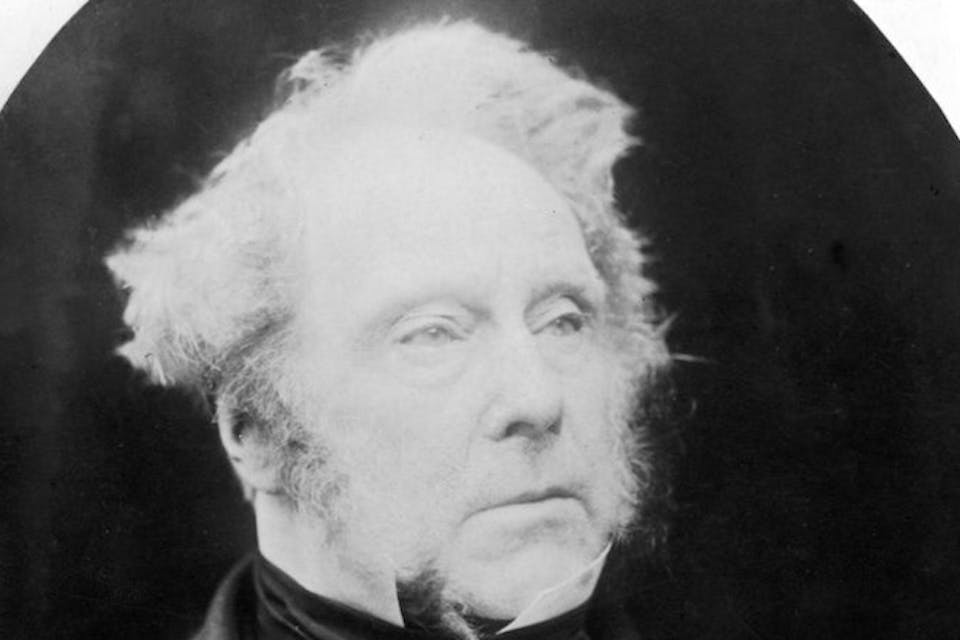
December 15, 2024
Don Pacifico Trump
By Rabbi Meir SoloveichikA great Victorian-era statesman, defending the rights of a Jewish subject of Britain, can teach us much about what a country owes its citizens.
Henry John Temple, known more popularly as Lord Palmerston, was one of the great statesmen of the Victorian era, defined by his steadfast faith in the superiority of England among the nations of the world. When a gentleman from France, seeking to compliment Palmerston, reflected that, had he not been born a Frenchman, he would have wished to be an Englishman, Palmerston reportedly replied: “If I had not been born an Englishman, I should wish to have been an Englishman.” At times, this patriotic instinct led him astray, manifesting itself in his dislike of the rising power that was the United States, and in his hope that the Civil War across the ocean would weaken America. But at other times, his confidence in his country produced some of the most enduring rhetoric of his age—words that are largely unknown by Americans and deserve to be rediscovered in our current moment.
In 1848, a series of anti-Semitic riots took place in Athens, and a Sephardic Jew by the name of Don Pacifico issued claims for damages to his property. Pacifico had never set foot in England, but he had been born in Gibraltar, and therefore submitted his case as a British subject to the government of Lord John Russell, in which Palmerston was serving as foreign secretary. Palmerston seized upon these claims, as he had already been angered by other purported grievances by the Greek government, and he ordered the British fleet to blockade Greek ports until Pacifico’s grievances were addressed.
The House of Lords passed a resolution condemning Palmerston’s policy and that of the government he served. As the issue came to a head in the House of Commons, Queen Victoria and Prince Albert, who at the time deeply disliked Palmerston, were certain that his days in government were numbered. But in the Commons, rhetoric mattered, and the grievances of one Jew, sparking what came to be known as the “Don Pacifico affair,” lay at the center of what emerged as one of the most important foreign-policy addresses in British history.